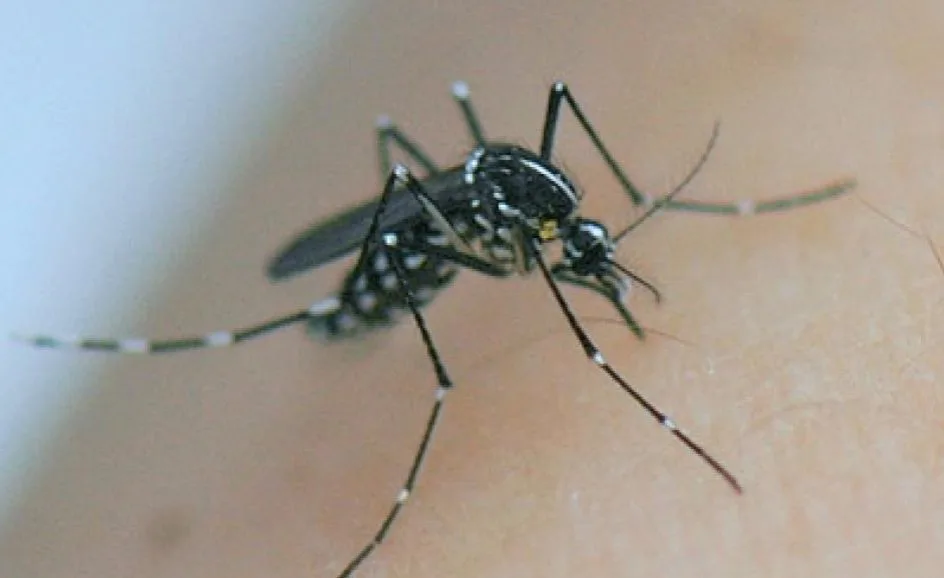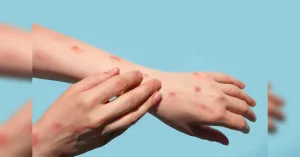WHO Issues Global Alert for Rapidly Spreading Chikungunya Outbreak
The World Health Organization (WHO) has raised a global health alert concerning the escalating outbreak of chikungunya. This mosquito-borne viral disease is rapidly spreading across islands in the Indian Ocean and increasingly affecting mainland Africa and Southeast Asia.
What is Chikungunya?
Chikungunya is transmitted to humans through the bites of infected mosquitoes, primarily *Aedes aegypti* and *Aedes albopictus*, the same mosquitoes that transmit dengue and Zika viruses. The disease is characterized by:
- Sudden onset of fever
- Severe joint pain (often debilitating)
- Muscle pain
- Headache
- Rash
Why the Concern?
The WHO’s alert underscores the speed and geographical reach of the current outbreak. The rapid spread poses a significant risk to populations with limited immunity and strained healthcare systems. Key factors contributing to the concern include:
- Increased mosquito populations due to climate change and urbanization
- Lack of specific treatment or vaccine for chikungunya
- Potential for severe complications, especially in newborns, the elderly, and individuals with underlying health conditions
Preventative Measures
Given the absence of a vaccine or specific treatment, prevention is paramount. The WHO recommends the following measures to control the spread of chikungunya:
- Mosquito Control: Implementing strategies to reduce mosquito populations, such as eliminating breeding sites (standing water) and using insecticides.
- Personal Protection: Using mosquito repellent, wearing long-sleeved clothing, and using mosquito nets, especially during peak biting times.
- Community Awareness: Educating the public about the risks of chikungunya and the importance of preventive measures.
WHO’s Response
The WHO is working with affected countries to:
- Enhance surveillance and monitoring of the outbreak
- Provide technical support for diagnosis and treatment
- Strengthen vector control measures
- Conduct research to better understand the virus and develop new interventions
Final Overview
The global health alert issued by the WHO highlights the urgent need for coordinated action to control the spread of chikungunya. Public awareness, robust mosquito control measures, and international collaboration are crucial to mitigating the impact of this emerging health threat.




+ There are no comments
Add yours